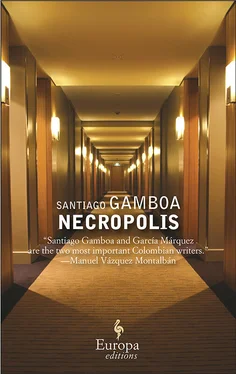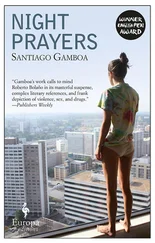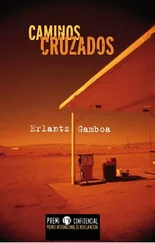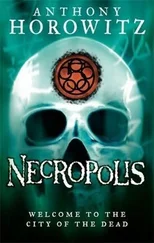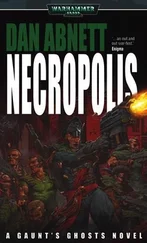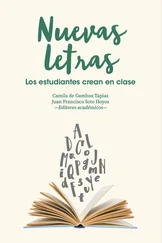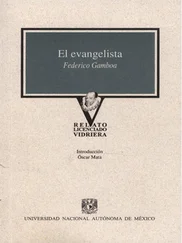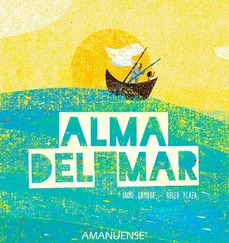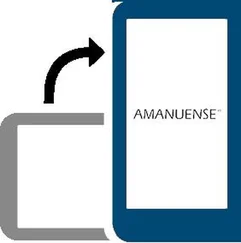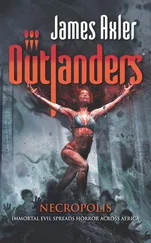He lived like this for more than four years, until one day he read in the newspapers that the paramilitaries in Colombia were demobilizing, that they were negotiating to hand over their arms and surrender to the authorities. He searched and searched but did not see any reference anywhere to Dagoberto or La Cascada, so he waited a little longer.
By that time Ramón already had a chain of auto repair shops. Six in Panama City and three outside, on the highways. He invented a slogan: Drive slowly and travel safely, why not? He was the one who introduced into Panama the culture of having one’s car serviced before going on a journey. It is a small country, and people travel a lot by car, which was lucky for him. By now he had already doubled the inheritance from Father Cubillos and had bought a better apartment, in Bella Vista, which was more like La Cascada, even though it was very different, starting with the climate, but he got used to it. He’d also gotten used to the solitude, to not having any friends or girlfriends. In his dreams, he would be back in the cell, feeling the fear when he heard the footsteps coming closer, seeing Dagoberto and the paramilitaries who were always with him, saying, you’re going to die, scum, you look like a corpse already. Sometimes, out on the streets, he thought he recognized them. His hands would start sweating, his heart would start pounding, and he would forget where he was. But he was a man of the Plains and all that psychiatric stuff was not for him. So he finally summoned up courage and picked up a Colombian girl from the bar and asked her where she was from. I’m a country girl, from Pereira. And how old are you, sweetheart? 22, how about you? Me? I’m already old, and how did such a pretty girl end up in Panama? I came here for work, because there was no work in Pereira, and in Bogotá it’s very cold, and besides, they pay better here. But you’re Colombian too, aren’t you, darling? His jaw trembled, but he said, yes, I’m Colombian. Where from? Villavicencio. Oh, a man from the Plains? that’s why you ride me so well, ha, ha, don’t worry, just my sense of humor. And why did you come to Panama? To work. What kind of work? My kind of work, girl, don’t ask so many questions. No, don’t tell me, are you a trafficker? don’t worry, darling, I love traffickers. No, girl, I’m not, come on, I’ll get you a taxi. That was how things were when he went out with these girls, but this one, this country girl, was one he chose several times and in the end she became a friend and he would call her on her cell phone or pick her up from her apartment. One time, he took her to the beach. Her name was Daisy. Let’s go to the beach, but no questions, O.K.? O.K., darling, but you’re funny, you know? what’s with all the secrecy? did you kill somebody or what? why all this hiding? No, Daisy, I never killed anybody, how can you even think that? It’s just that you aren’t normal, with such a nice face and all that money and living alone the way you do. . Where did you leave your wife? Look, sweetheart, I said no questions, why don’t you sing me a song instead, you have such a nice voice. Oh, you’re such a liar! but I feel good with you, you know, and that was how they spent their Sunday afternoons.
Every day he read the news from Colombia: that the paramilitaries were going, that they were not going, that they had already gone, that they were still there in the mountains, that they were rearming in the cities, that everything was a lie, that they had handed over their arms, that they were being extradited, but he never found any mention of his story, so he decided on a strategy. He started letting his beard grow and cut his hair very short and dyed it. As he could not make himself any taller or shorter than he was, he decided to fatten up a bit; every day, even though it disgusted him, he ate two or even three McDonald’s burgers; at first they gave him diarrhea and made him vomit but in the end it worked and he started to develop a paunch. He put on glasses with flat lenses, and bought himself some casual clothes and some smart office clothes. For about four months he prepared his return journey to La Cascada. The time had come. He had to know what had happened.
His friend, the director of the Balboa Bank, helped him to obtain Panamanian papers so that he could enter Colombia as a foreigner. The riskiest part of his plan was that he had decided to take Daisy with him, as a man on his own attracts more attention to himself. He said to her, look, sweetheart, you’re coming with me on a little trip to Colombia and I’ll pay you well, the only thing you have to do is be with me and keep quiet, we’re going to Villavicencio, do you know it? no? it’s nice there, I’ll put you in a really good hotel and you can spend your time in the swimming pool and go with me wherever I have to go, and the more you keep your mouth shut the more I pay you, O.K.? Daisy was really pleased and said, fantastic, I’m going to Colombia, I love my country, you are a trafficker, aren’t you? obviously you’re going there for that, but like I told you, don’t worry, darling, I won’t say a word, I grew up among those people, I’ll go with you and keep my mouth shut, I’m not stupid. It struck Ramón that it was better this way, with her thinking he was a drug trafficker, so he went along with her.
They arrived at El Dorado airport in Bogotá and waited for the shuttle to Villavicencio. They landed just after seven at night and went straight to the Hotel del Llano. In order not to attract attention, he did not ask for a suite, just a really good room with a view of the swimming pool. Daisy told him they should go down to the bar to dance and he said, okay, let’s go and have an aguardiente, but we won’t stay too late because we have to go out early tomorrow.
The next day he hired a car from the hotel, an Opel station wagon, and drove straight to Acacías, in the high Ariari. There was a good breeze and the smell of the Plains brought tears to his eyes. He held them back as his childhood passed in front of his eyes: those palms, those ceiba trees, that earth, and that air were his, or rather, he belonged to the water and the land and the trees and the grazing cattle. Daisy must have heard him breathing heavily but did not say anything. She kept her mouth shut. In Acacías, they had a bite to eat and Ramón kept looking around to see if he could spot anything strange. They drove farther into the Plains. They had lunch in Guaymaral and Ramón started to feel an itch in his neck, a tightness in his lungs, so much so that he left half the roast veal he had ordered. They carried on. The smell of the Ariari reached him as they turned off toward Cubarral, and he thought: I learned to swim in that river, and that was what saved me. Snapshots of that night came back to him and beads of sweat broke out on his upper lip. Very soon he caught sight of Cubarral, the church with its dome, the clouds behind it like cotton wings. He remembered Soraya and his stomach lurched. They came to the bridge over the Ariari and, with his T-shirt bathed in sweat, he saw the Rey de la Pachanga and, at the bend in the road behind it, the lights of the Llano Grande motel. Everything was the same as ever.
At four in the afternoon, they reached La Cascada and went straight to the Parque Bolívar. Let’s have a beer, Daisy, and I don’t want you to look at anything except me. He had told her to dress like a tourist, in sweatshirt and tennis shoes. He was dressed in the same style, in T-shirt and jeans. They had the beer and Ramón, behind his semi-opaque glasses, sought inspiration in Father Cubillos. Here I am, Father, I need you more than ever now, help me to solve this difficult dilemma, that’s the only thing I want. After the beer, calmer now, he got up and walked to the internet café, La Maporita, but when he got there he saw that it was not called that anymore. Now it was called Café Hilton and had better computers and decent furniture. He turned, grabbed Daisy’s hand, and went in.
Читать дальше
